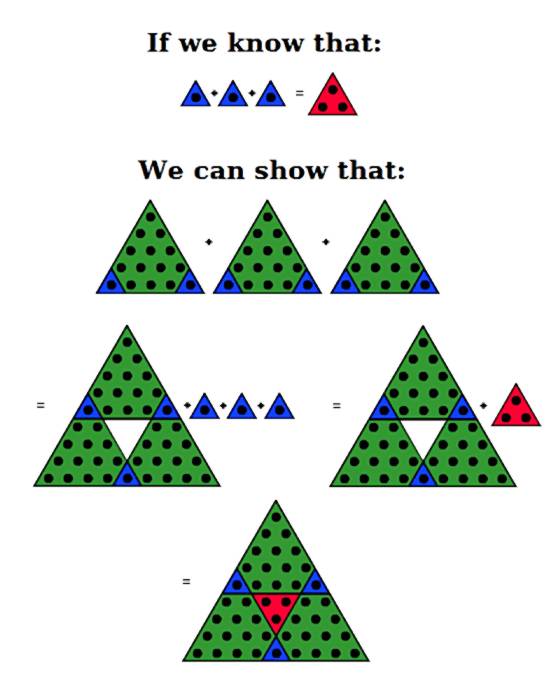by Sergei Bernstein, Tanya Khovanova and Alexey Radul
Here is a game that John Conway popularizes. It is called “Finchley Central,” which is a station of the London Underground. The game goes as follows. Alice and Bob take turns naming London Underground stations, in any order. The first person to say “Finchley Central” wins.
Alice, who starts, can just name the station. But then Bob will give her a look. It is not fun to win a game on the first turn. To avoid appearing rude, Alice will not start with “Finchley Central.” It would be impolite of Bob to take advantage of Alice’s generosity, so he also won’t say “Finchley Central.” The game might continue like this for a while.
The game has a hidden agenda: winning it after 10 turns will supply many more bragging rights than winning it right away would. We can make this hidden agenda explicit by assigning a value to the honor of continuing the game. For example, suppose every time Alice (or Bob) says a station, she puts one dollar into the pile. The person who says “Finchley Central” first takes all the money from the pile. The implicit goal of the game becomes explicit: you want to say “Finchley Central” right before your opponent says it.
By the way, Finchley Central is not actually a particularly central station — it is the station between Finchley East and Finchley West, serving the relatively small place called Finchley; and is not even under ground. It has the distinction of being one of the oldest still-standing pieces of London Underground physical plant, because plans to rebuild it were interrupted on account of World War II and never resumed. It also has the distinction of having served the home of the guy (an employee of the Underground system) who had the brilliant idea that since the Underground was, indeed, mostly under ground, the right way to map it was topologically, rather than geographically.
Here is another way to model the game. Alice writes an odd number on a piece of paper, and Bob writes an even number. When they compare, the person who wrote a smaller number wins that number of dollars. This version loses the psychological aspect. When you take turns, it is to your advantage to read the non-verbal signs of your opponent to see when s/he is getting ready to drop the bomb.
People play this game in real life. Here are Alice and Bob looking at the last piece of a mouth-watering Tiramisu:
- Alice: You look like you want this piece of cake. Why don’t you take it?
- Bob: You seem to like it too. Please, go ahead.
- Alice: I am fine. You take it.
- Bob: You have it; I insist.
At this point Alice wins with some extra brownie points for being polite.
We can model the honor points differently. We can say you will be the most proud of the game if you name the station write before you opponent is about to do so. Then the model is: everyone writes down their next move; if your move is Finchley Central when your opponent’s next move was going to be Finchley Central, then you win.
Here we suggest another game that we call “Reverse Finchley Central.” Alice and Bob name London Underground stations in turns and the person who names “Finchley Central” first loses. This game can continue until all the stations are exhausted, if the players are forbidden to repeat them, or it can continue indefinitely otherwise. But this is quite tiresome. The hidden agenda would be to not waste too much time. Clearly the person who values time less will win.
But let us model this game. We want to fix the value of winning. Let us set aside ten dollars for the winner. On their turn, each player puts one dollar into the pile, and as soon as one of the players says “Finchley Central,” the other one wins and takes the ten dollars. The pile goes to charity. Alternatively, Alice and Bob can each write a number. The person with the larger number wins the prize, while both have to pay the smaller number to charity.
We play this game with our parents. They nag us to do the dishes. We resist. Then they give up and do the dishes themselves. They lose, but we all pay with our nerves for nagging or being nagged at. Later our parents get their revenge when we have children of our own.
Share:





